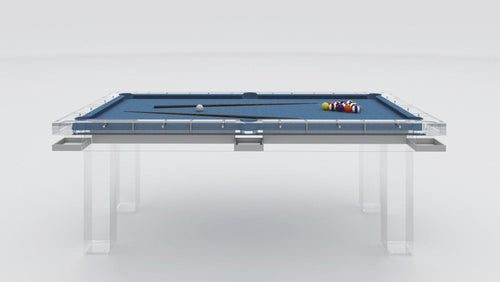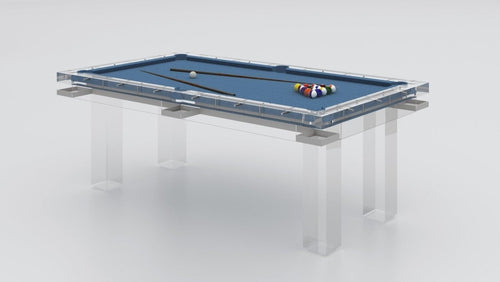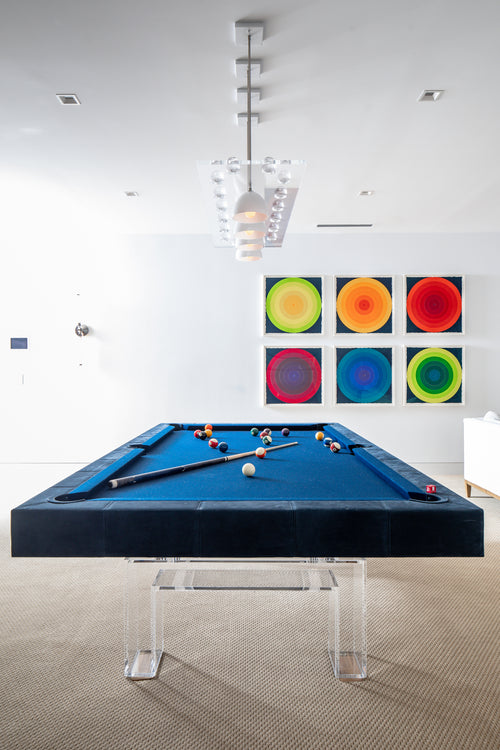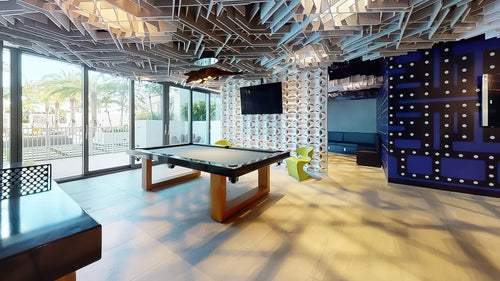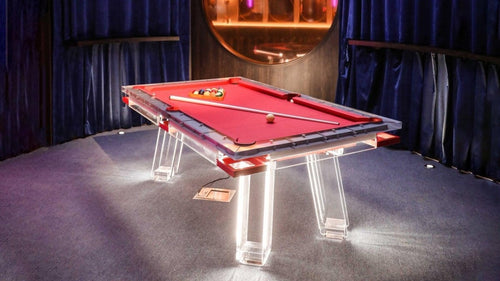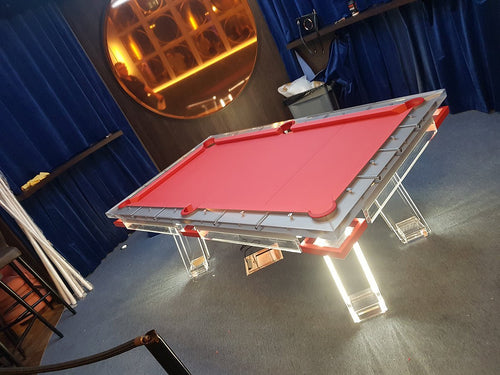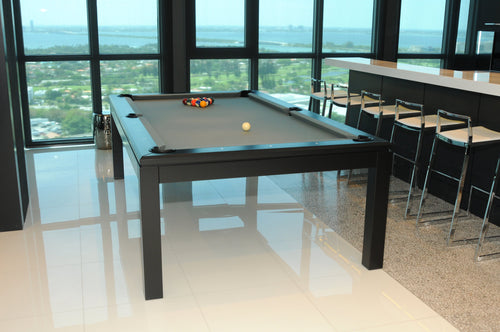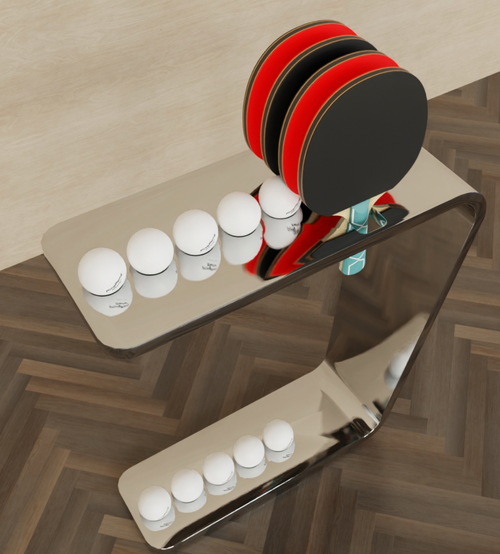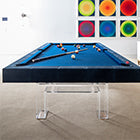Enjoy our modern designs
Foosball, a highly competitive table game enjoyed by many, has its origins in early 20th-century Europe. It combines skill, strategy, and a touch of luck to create an exciting challenge. While it may appear straightforward, mastering foosball involves understanding the underlying physics and strategic maneuvers that can elevate your game. Let's delve into the science and tactics that can help you outplay your opponents.
The Game of Foosball

At its core, foosball is a miniature version of soccer played on a tabletop. Players control small figures mounted on rods, maneuvering them to strike a plastic ball into the opponent's goal. Beyond its apparent simplicity lies a complex interplay of physics principles and strategic thinking that can significantly impact your performance.
The Physics of Foosball
Friction and Ball Movement
Friction—the resistance between two surfaces in contact—is a crucial factor in foosball. The ball, typically made of plastic, glides over a laminate or hardwood surface. The coefficient of friction between the ball and the table affects how the ball travels: higher friction allows for slower, more controlled shots ideal for precise passes, while lower friction results in faster but less predictable shots that can catch opponents off-guard but reduce control.
Angles of Incidence and Reflection
When the ball strikes a player figure, it bounces off at an angle determined by the angle of incidence (the angle at which it hits) and the angle of reflection (the angle at which it deflects). If the ball hits a figure at a sharp angle, it will deflect in the same direction, making it easier to pass or set up a shot. By adjusting the position and orientation of your players, you can influence these angles to direct the ball strategically across the field. For instance, tilting a player slightly forward can help control the ball for a precise pass, while angling it backward might create a deflection that sets up a shot.
Speed and Force
The speed of the ball hinges on the force applied and the angle of contact:
Direct Hits: Striking the ball head-on imparts more force, resulting in faster shots that can overwhelm the opponent's defense.
Angled Hits: Hitting the ball at an angle can slow it down, allowing for controlled passes and setups that outmaneuver the opposition.
The Strategy of Foosball
Mastering foosball requires a balance between understanding physics and strategic thinking. Both are equally crucial: while physics helps you control ball movement, anticipating your opponent's moves and adapting your strategy are key to staying ahead.
Ball Control

Mastery of ball control is paramount. Ball control is critical because it allows players to maintain possession, dictate the pace of the game, and create scoring opportunities. Skilled players manipulate the ball with deliberate movements, maintaining possession and setting up scoring opportunities:
Passing: Accurate passes between your players can dismantle the opponent's defense and create openings. For example, using a wall pass—where the ball is bounced off the side of the table to another player—can be an effective way to bypass defenders.Deception: Varying your playstyle and disguising your intentions make it harder for opponents to predict your next move. For instance, faking a shot and then quickly passing to a teammate can catch the opponent off-guard and create scoring opportunities.
Defense
A solid defense is essential to prevent the opponent from scoring and to maintain control of the game, frustrating their efforts and forcing them into mistakes:
Anticipation: Reading your opponent's strategy allows you to position your players effectively to block shots and intercept passes.Positioning: Strategic placement of your defenders can reduce gaps and limit the opponent's offensive options.
Psychological Play

Foosball is not just a physical game but also a mental one:
Mind Games: Faking shots, varying your rhythm, and exploiting patterns can unsettle your opponent. For example, pretending to take a powerful shot but then slowing down and making a quick pass can create an unexpected opening, catching your opponent off-guard and giving you an advantage.Adaptability: Quickly adjusting your tactics in response to the opponent's strategy keeps you one step ahead.
Final Whistle
While foosball may seem like a simple tabletop game, it is deceptively complex, requiring a blend of physics knowledge, strategic planning, and psychological savvy to truly excel. By understanding the mechanics of ball movement and honing your tactical skills, you can enhance your gameplay and increase your chances of victory. So next time you step up to the foosball table, remember: it's not just about spinning the rods; it's about outthinking and outmaneuvering your opponent with science and strategy.
Ready to elevate your game? Explore our exclusive foosball collection and find the perfect table, accessories, and gear to enhance your skills and dominate the competition!





